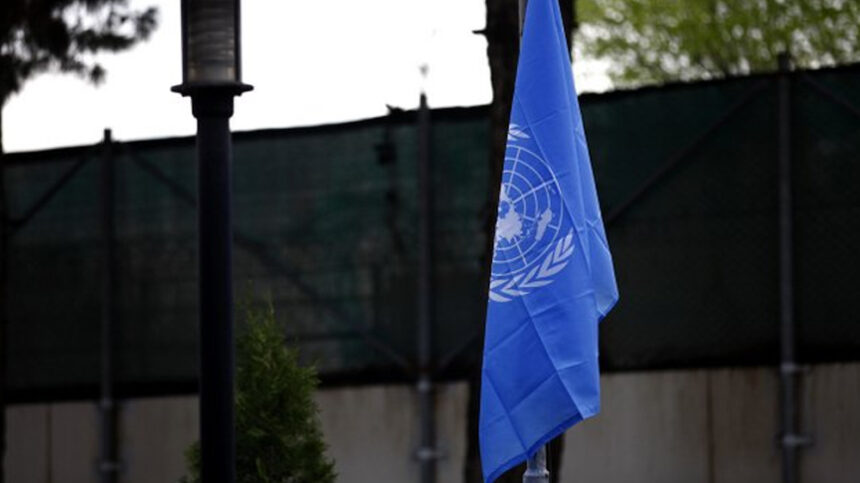RASC News Agency: The United Nations Assistance Mission in Afghanistan (UNAMA) has announced the convening of working group sessions focused on Afghanistan’s private sector and counter-narcotics efforts, in alignment with resolutions from the Third Doha Meeting. In a statement issued on Sunday, February 16, UNAMA confirmed that these virtual meetings took place on Thursday and Friday of the previous week. The discussions centered on Afghanistan’s narcotics crisis, opium cultivation, and strategies for combating drug trafficking. UNAMA emphasized that the sessions were attended by special envoys from various nations, representatives of international organizations, Taliban officials, experts including women UN agencies, and financial institutions.
A significant aspect of the counter-narcotics discussions revolved around coordinated measures and investment strategies aimed at providing alternative livelihoods for individuals affected by the Taliban’s opium cultivation ban. The meetings also highlighted the challenges facing Afghanistan’s private sector, particularly women-led enterprises. UNAMA reiterated its commitment to supporting Afghanistani women in economic and business sectors. During the third session in Doha, international envoys on Afghanistan affairs, under the auspices of the United Nations, resolved to establish specialized working groups to engage with the Taliban on economic, trade, and counter-narcotics issues.
As a result, a dedicated committee for Afghanistan’s counter-narcotics efforts was formed. Afghanistan continues to grapple with severe food insecurity, deepening poverty, and rising unemployment. The collapse of the previous government and the Taliban’s subsequent takeover have exacerbated economic hardships, forcing many Afghanistanis to seek refuge abroad. A significant portion of the Afghanistani populace holds the Taliban responsible for the nation’s worsening economic crisis and expects the regime to implement job creation initiatives. In the absence of viable employment opportunities, some have turned to illicit drug cultivation as a means of survival.






